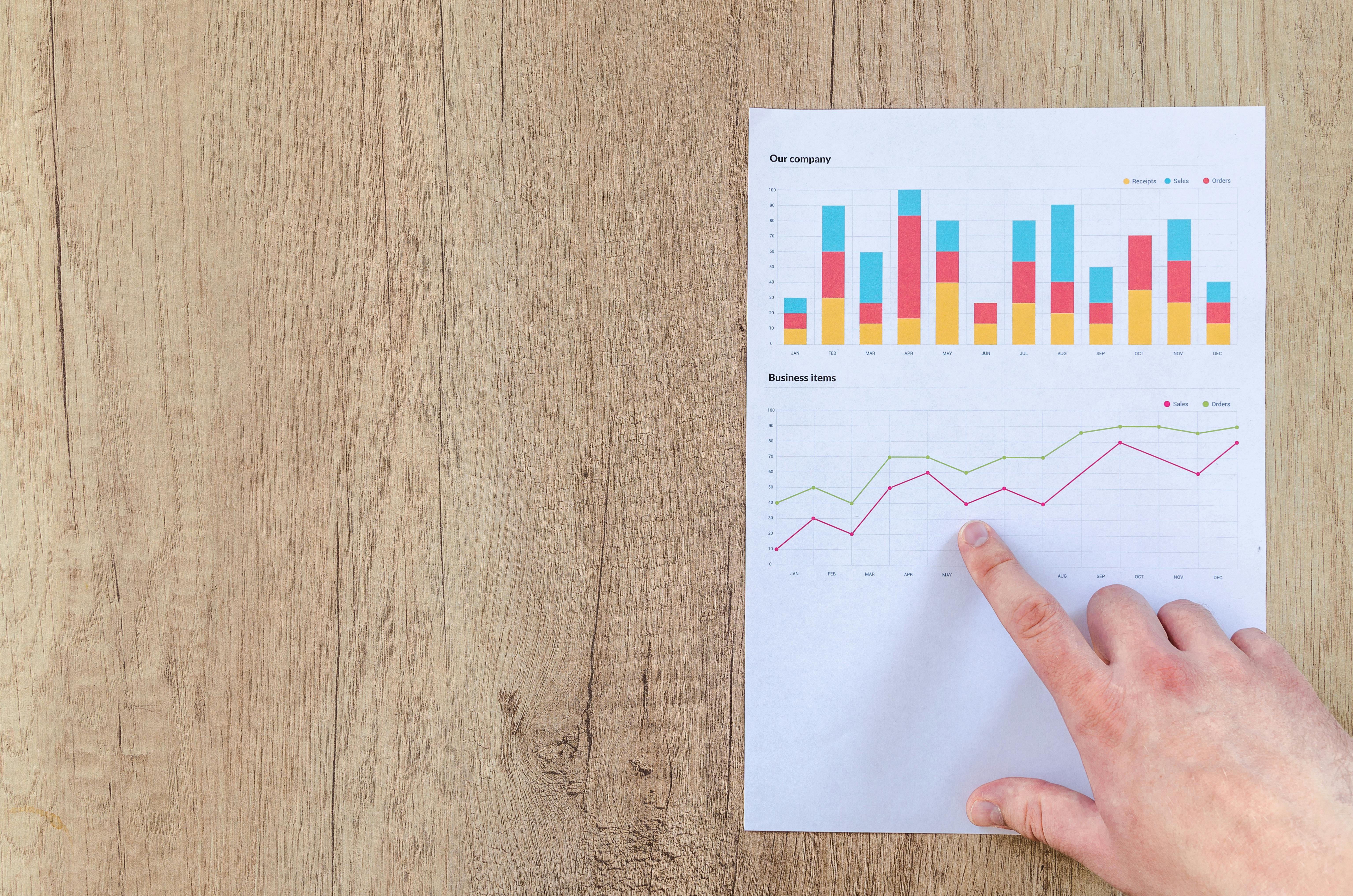Inflation is a term that we hear often in the news, but what does it really mean, and how does it affect your savings? Simply put, inflation refers to the rate at which the general level of prices for goods and services rises over time. When inflation occurs, each unit of currency buys fewer goods and services than it did before. This can have a significant impact on your savings, especially if you’re not prepared for it.
In this blog, we’ll break down what inflation is, how it affects your savings, and what you can do to protect your money from losing value over time. We’ll keep things simple and easy to understand, so you can make informed decisions about your financial future.
What Is Inflation?
Inflation is the gradual increase in prices for goods and services over time. It’s why a loaf of bread that cost $1 twenty years ago might cost $2 today. Inflation is measured by looking at the prices of a broad range of goods and services, such as food, housing, clothing, and transportation. The average increase in these prices is what we call the inflation rate.
Why Does Inflation Happen?
There are several reasons why inflation occurs, but two of the most common are:
- Demand-Pull Inflation: This happens when demand for goods and services increases faster than the economy’s ability to produce them. When more people want to buy something than there is available, prices go up.
- Cost-Push Inflation: This occurs when the cost of producing goods and services increases, leading businesses to raise their prices to cover their costs. For example, if the cost of raw materials goes up, the price of the finished products might increase as well.
Inflation is a natural part of the economy, and a small amount of inflation is actually considered healthy. However, when inflation rates are high, it can erode the purchasing power of your money, making it more difficult to afford the things you need.
How Inflation Affects Your Savings
One of the most significant impacts of inflation is on your savings. Over time, the value of money decreases, which means that the amount of goods and services you can buy with your savings decreases as well. Here’s how inflation can affect different types of savings:
1. Cash Savings
If you keep your money in a regular savings account, inflation can significantly reduce its value over time. Most savings accounts offer interest rates that are lower than the inflation rate. For example, if your savings account offers an interest rate of 1% per year, but the inflation rate is 3%, the purchasing power of your money is actually decreasing by 2% each year. This means that even though your account balance might be growing, the actual value of your savings is shrinking.
2. Fixed-Income Investments
Fixed-income investments, such as bonds or certificates of deposit (CDs), provide a fixed return over a specific period. While these investments are generally considered safe, they are also vulnerable to inflation. If the inflation rate is higher than the return on your investment, the real value of your returns decreases. For example, if you have a bond that pays 2% interest per year, but the inflation rate is 4%, your investment is effectively losing value.
3. Retirement Savings
Inflation can have a particularly significant impact on your retirement savings. If you’re saving for retirement, you need to ensure that your savings will be able to support you when you stop working. However, if inflation erodes the value of your savings, you might find that your money doesn’t go as far as you expected. This is why it’s important to consider inflation when planning for retirement and to invest in assets that have the potential to outpace inflation.
Strategies to Protect Your Savings from Inflation
While inflation can have a negative impact on your savings, there are strategies you can use to protect your money from losing value over time. Here are some simple and effective ways to safeguard your savings against inflation:
1. Invest in Stocks
One of the best ways to protect your savings from inflation is to invest in the stock market. Over the long term, stocks have historically provided returns that outpace inflation. While the stock market can be volatile in the short term, investing in a diversified portfolio of stocks can help you grow your wealth and preserve the purchasing power of your money over time.
2. Consider Inflation-Protected Securities
Another option is to invest in inflation-protected securities, such as Treasury Inflation-Protected Securities (TIPS). TIPS are a type of government bond that is designed to protect your investment from inflation. The principal value of TIPS increases with inflation, so even if prices rise, the value of your investment will keep pace.
3. Real Estate Investments
Real estate can also be a good hedge against inflation. As inflation rises, the value of real estate and rental income typically increases as well. Investing in property or real estate investment trusts (REITs) can provide you with a steady income stream and help protect your savings from the effects of inflation.
4. Diversify Your Investments
Diversification is another key strategy for protecting your savings from inflation. By spreading your investments across different asset classes—such as stocks, bonds, real estate, and commodities—you can reduce your risk and increase your chances of earning returns that outpace inflation. Diversification helps ensure that if one type of investment underperforms due to inflation, others in your portfolio may perform better, balancing the overall impact on your savings.
5. Increase Your Savings Rate
One simple but effective way to combat inflation is to increase the amount of money you save each year. By contributing more to your savings and investment accounts, you can help offset the effects of inflation. This is especially important if you’re saving for long-term goals, such as retirement or a down payment on a home.
Keep an Eye on Inflation
Inflation is a factor that you can’t control, but it’s important to be aware of its impact on your finances. Regularly reviewing your savings and investment strategies can help you stay ahead of inflation and ensure that your money continues to grow in value over time.
One way to stay informed is by keeping an eye on inflation trends and adjusting your investment strategy as needed. For example, during periods of high inflation, you might want to shift more of your investments into assets that tend to perform well during inflationary times, such as stocks, real estate, or commodities.
Conclusion
Inflation is a reality that affects everyone, but with the right strategies, you can protect your savings and ensure that your money retains its value over time. By investing in assets that outpace inflation, diversifying your portfolio, and regularly reviewing your financial plan, you can stay ahead of rising prices and build a more secure financial future. Remember, the key to overcoming the impact of inflation is to be proactive and informed about how it affects your savings. With the right approach, you can safeguard your hard-earned money and achieve your financial goals.


